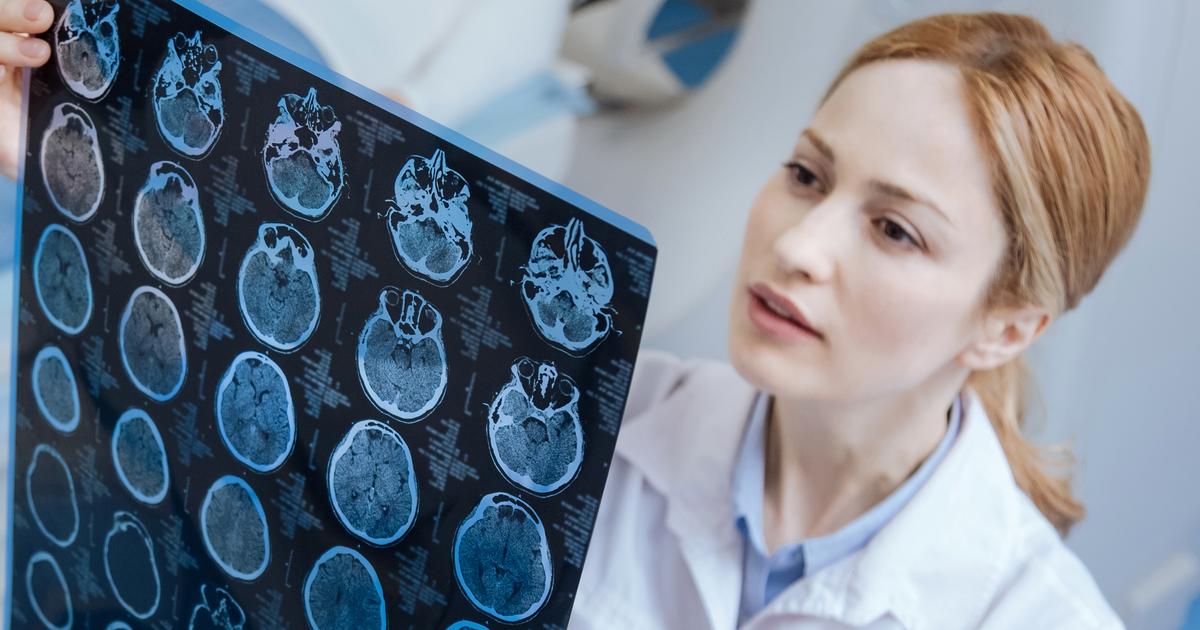Doctors Involved In Patient Cancer Care Teams
Individuals diagnosed with cancer will have a team of various types of doctors that work collaboratively to help manage and treat their disease. Cancer not only affects an individual physically, but it also takes a toll on them mentally and emotionally. Medically, different methods of treatment for and management of cancer are so complex that several doctors will specialize in each aspect. Even cancers physically localized in a patient are considered systemic diseases because they affect multiple organ systems in the body and several aspects of the patient's life. Due to the nature and severity of cancer, the doctors who are part of the patient cancer care team will specialize in a variety of areas.
Get to know the kinds of doctors and other medical professionals cancer patients will have on their care team now.
Lead Oncologist

The lead oncologist on a patient's cancer care team is the doctor who specializes in the diagnosis of cancer and its treatment. The lead oncologist leads the cancer care team from the time of diagnosis throughout the patient's disease. As the team leader, the lead oncologist helps explain the details and specifics of a patient's cancer diagnosis to the rest of the team and the individual's caregivers. Additionally, the lead oncologist explains and educates the team on the stage of a patient's cancer.
The lead oncologist discusses the options for the treatment of cancer, and they provide professional medical recommendations for the disease treatment course. The lead oncologist is also responsible for assisting the patient with the management of adverse effects of their various treatments and help alleviate other symptoms related to cancer. Usually, a patient's lead oncologist is specialized in the specific organ system, organ, type of tissue, or region of their body affected by cancer.
Read about the next professional on a patient's cancer care team now.
Oncology Nurse

The oncology nurse is responsible for administering physical examinations throughout a patient's cancer journey. The oncology nurse also administers chemotherapy drugs and other medications during the phases of cancer treatment. Oncology nurses work hard to determine the patient's needs and communicate them to the other oncology team members. The oncology nurse is helpful when it comes to the education and counseling of the patient and their family members. The nurse is there to answer any questions and ease patient concerns. The oncology nurse also recommends laboratory and diagnostic testing when needed, and educates the patient and their families on the test results. The oncology nurse helps with the management of the adverse side effects a patient may have as the result of their various cancer treatments.
Learn about more players on a patient cancer care team now.
Family Doctor (General Practitioner)

A patient's family doctor plays a role in their cancer care team by helping coordinate cancer care and the management of comorbidities. Most individuals diagnosed with cancer begin their journey with their family doctor or general practitioner. The reason for this is because the general practitioner is the physician a patient visits upon the onset of the first signs something is wrong in their body. Family doctors and general practitioners function as part of the cancer care team because they provide substantial psychological support to the patient and their family, help with the administrative aspect of the disease and its treatment, and assist with the coordination of any home care. A cancer patient reports other minor ailments to their general practitioner, who can provide this information to the other members of the cancer care team. It is also common for the general practitioner to help with treating the side effects that occur due to a patient's cancer treatment.
Get more details about who is on patient cancer care teams now.
Psychologist

A psychologist is a type of doctor that specializes in the treatment of mental illness and disorders like depression or anxiety. The cancer care team must encompass all the effects of the disease on the cancer patient, including their psychological welfare. The diagnosis and journey of cancer as a disease can produce recurrent emotional turmoil for a patient and their family. Each individual who receives a cancer diagnosis is equipped with a different coping ability. The psychologist on a patient's cancer care team is responsible for guiding the patient through their disease mentally and emotionally. Psychological distress, depressive disorders, adjustment disorders, and anxiety disorders are the most common psychological problems that occur in cancer patients. A psychologist who is part of the cancer care team can communicate the patient's mental and emotional state and consider other team members input when determining how to treat the patient.
Keep reading to learn more about medical professionals involved in cancer care teams now.
Pathologist

A patient's cancer care team may include a pathologist, which is a physician who specializes in evaluating tissues, cells, and organs at the microscopic and molecular level to diagnose disease. The patient being treated for cancer usually does not meet the pathologist. Regardless, the pathologist is a critical member of the cancer care team because they are responsible for determining the type of cancer the patient has. The pathologist takes tissue samples and examines them with laboratory tools and devices to determine the extent of a patient's cancer. They also compare the patient's labs throughout their disease to determine the progression or regression of their cancer activity. The pathologist analyzes laboratory results to determine if and how a patient's cancer is affecting the function of different organs throughout their body. The pathologist is responsible for communicating and explaining their findings and the aforementioned information to the rest of the patient's cancer care team.
